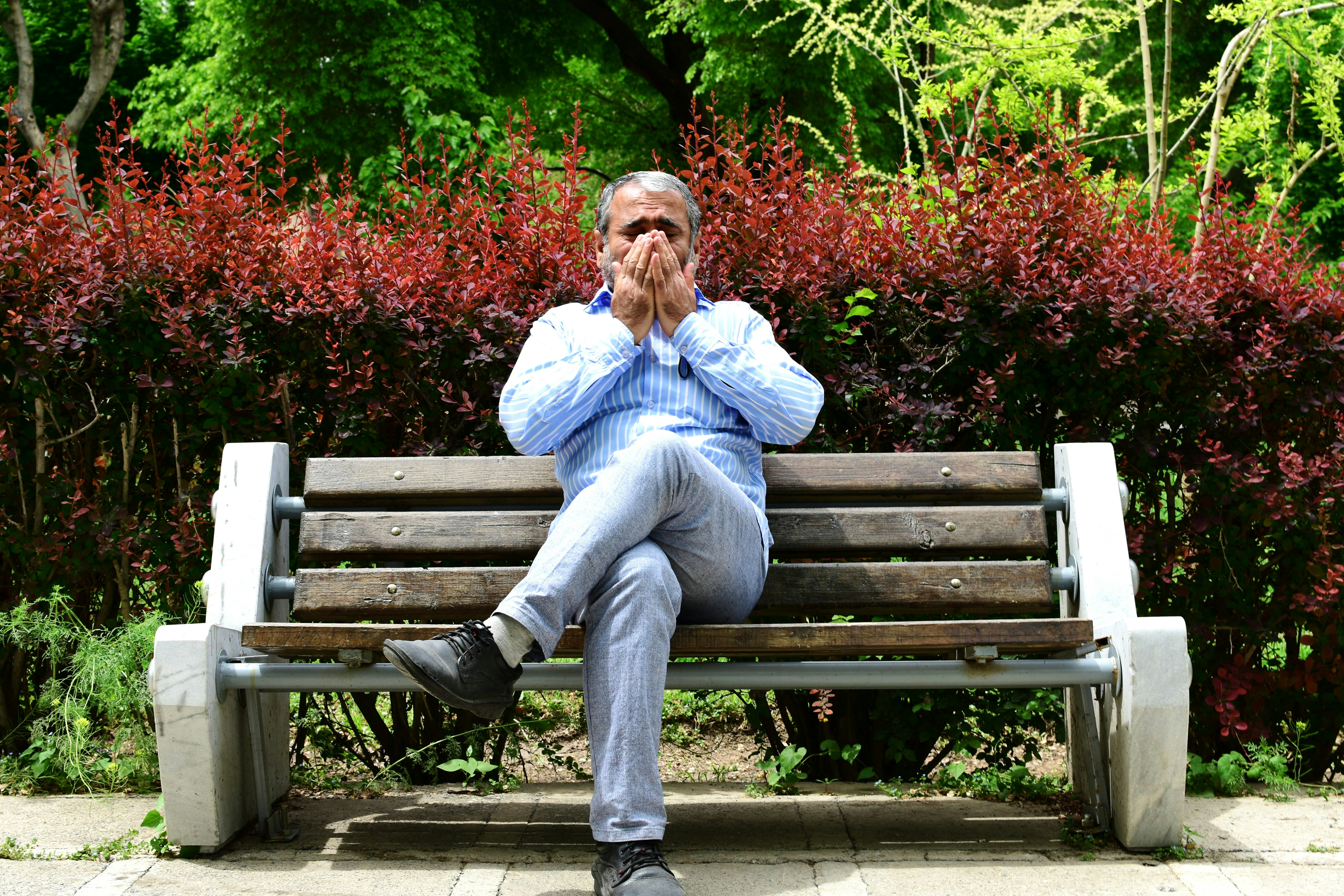21.03.2025
Spring Pollen Under Attack: 3 Key Strategies to Alleviate Seasonal Allergy Symptoms

Spring brings blooming flowers, trees, and sprouting grass, which increases the concentration of pollen in the air. This can trigger seasonal allergies in many people. Common symptoms include sneezing, itchy eyes, nasal congestion, coughing, and difficulty breathing. Increased exposure to pollen can be particularly problematic for those who suffer from allergic rhinitis or asthma (Arandovo, n.d.). In this text, we present 3 key strategies for controlling seasonal allergy symptoms.
1. Limit time spent outdoors
Pollen is most prevalent in the morning and during dry, windy days, so it is advisable to stay indoors during these times. The best time to go outside is after rain, which helps clear pollen from the air (Mayo Clinic Staff, 2024). If you go outside, wear glasses to protect your eyes, a protective mask if necessary (Arandovo, n.d.), and a hat to protect your hair. Upon returning home, remove the clothes you wore outside and shower to wash off the pollen from your skin and hair (Mayo Clinic Staff, 2024). Avoid mowing the lawn, pulling weeds, and other gardening tasks that stir up allergens.
2. Consult your doctor for appropriate medication
Visiting a doctor for recommendations on appropriate medications can be key to controlling symptoms and reducing discomfort (Arandovo, n.d.). Antihistamines can help with symptoms like sneezing and a runny nose. For more severe symptoms, nasal sprays are recommended, which may take a few days to start working. Begin taking medications at least a week before the allergy season starts, so that they are effective when you need them most. Additionally, some herbal remedies, such as butterbur extract, may help alleviate allergy symptoms. Before using them, consult your doctor (Booth, 2015). For individuals with severe seasonal allergies, doctors may recommend tests to determine which allergens trigger symptoms. Based on the results, treatments such as allergy shots (immunotherapy) may be suggested to reduce the immune system's reaction, or in some cases, tablets placed under the tongue (Mayo Clinic Staff, 2024).
3. Adjust your home
To control allergy symptoms, it is important to close windows in your home and car during peak pollen season. It is recommended to use air filtration devices, such as air purifiers (Arandovo, n.d.), air conditioning instead of fans, and install a HEPA filter in your vacuum cleaner (Booth, 2015). Keep indoor air dry with a dehumidifier (Mayo Clinic Staff, 2024).
It is advisable to vacuum twice a week while wearing a protective mask during vacuuming, as vacuuming can stir up pollen, mold, and dust that have been trapped in your carpet (Watson, 2025). Also, avoid drying laundry outdoor during spring (Booth, 2015).
Conclusion
Seasonal allergies can significantly affect the quality of life during the spring season, but there are effective strategies for controlling symptoms. These strategies include limiting exposure to pollen, taking medications on time, and adjusting your living space to reduce allergens. Consultations with a doctor, allergy testing, and the use of specialized treatments such as immunotherapy can further assist in managing symptoms. Additionally, preventive measures like closing windows, using appropriate filters, and regularly cleaning the space can greatly improve the condition of those suffering from seasonal allergies. By following these tips, it is possible to reduce discomfort and enjoy the spring without too many disruptions.
*This text is intended for informational purposes only. If you experience any symptoms, it is recommended to seek advice from your doctor or a qualified healthcare professional.
References:
- Arandovo. (n.d.). How spring affects people. Arandovo. Retrieved March 21, 2025, from https://www.arandovo.com/how-spring-affects-people/
- Booth, S. (2015, October 26). 5 ways to beat spring allergies. WebMD. Retrieved March 21, 2025, from https://www.webmd.com/allergies/features/5-ways-to-beat-spring-allergies
- Mayo Clinic Staff. (2024, February 28). Seasonal allergies (hay fever). Mayo Clinic. Retrieved March 21, 2025, from https://www.mayoclinic.org/diseases-conditions/hay-fever/in-depth/seasonal-allergies/art-20048343
- Safaei, M. H. (2024, July 27). A man sitting on a bench in a park [Photograph]. Unsplash. https://unsplash.com/photos/a-man-sitting-on-a-bench-in-a-park-3mmQIqJyH-E
- Watson, S. (2025, January 22). Spring allergies: Causes, symptoms, and treatment. WebMD. Medically reviewed by Sabrina Felson, MD. Retrieved March 21, 2025, from https://www.webmd.com/allergies/spring-allergies
Your trusted partner in finding medical information. We offer access to reliable resources and make it simple for you to get in touch with qualified medical service providers. Our goal is to assist you in achieving optimal health through dependable information and ongoing support, whether it's advice, a physical examination, or expert consultation.